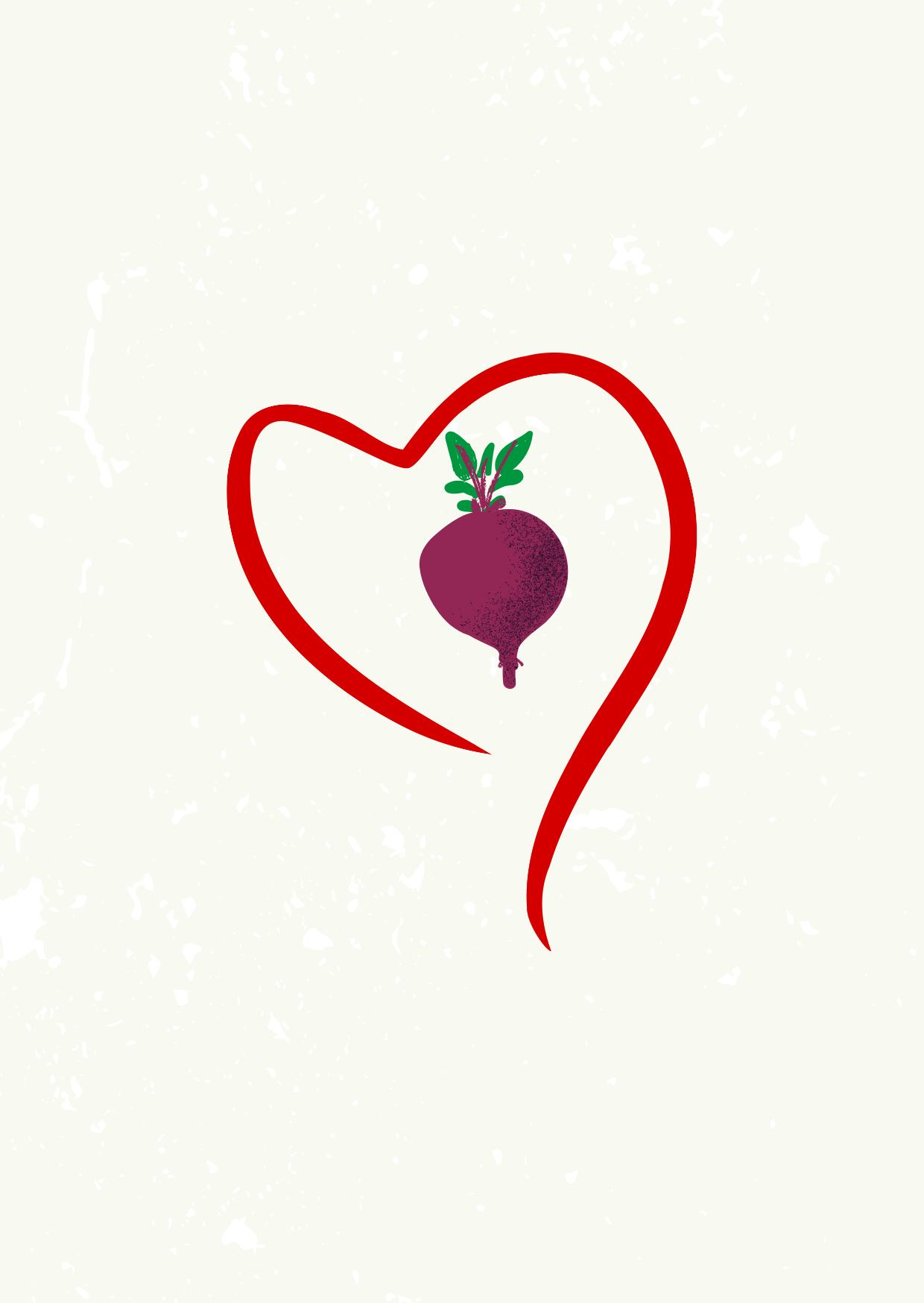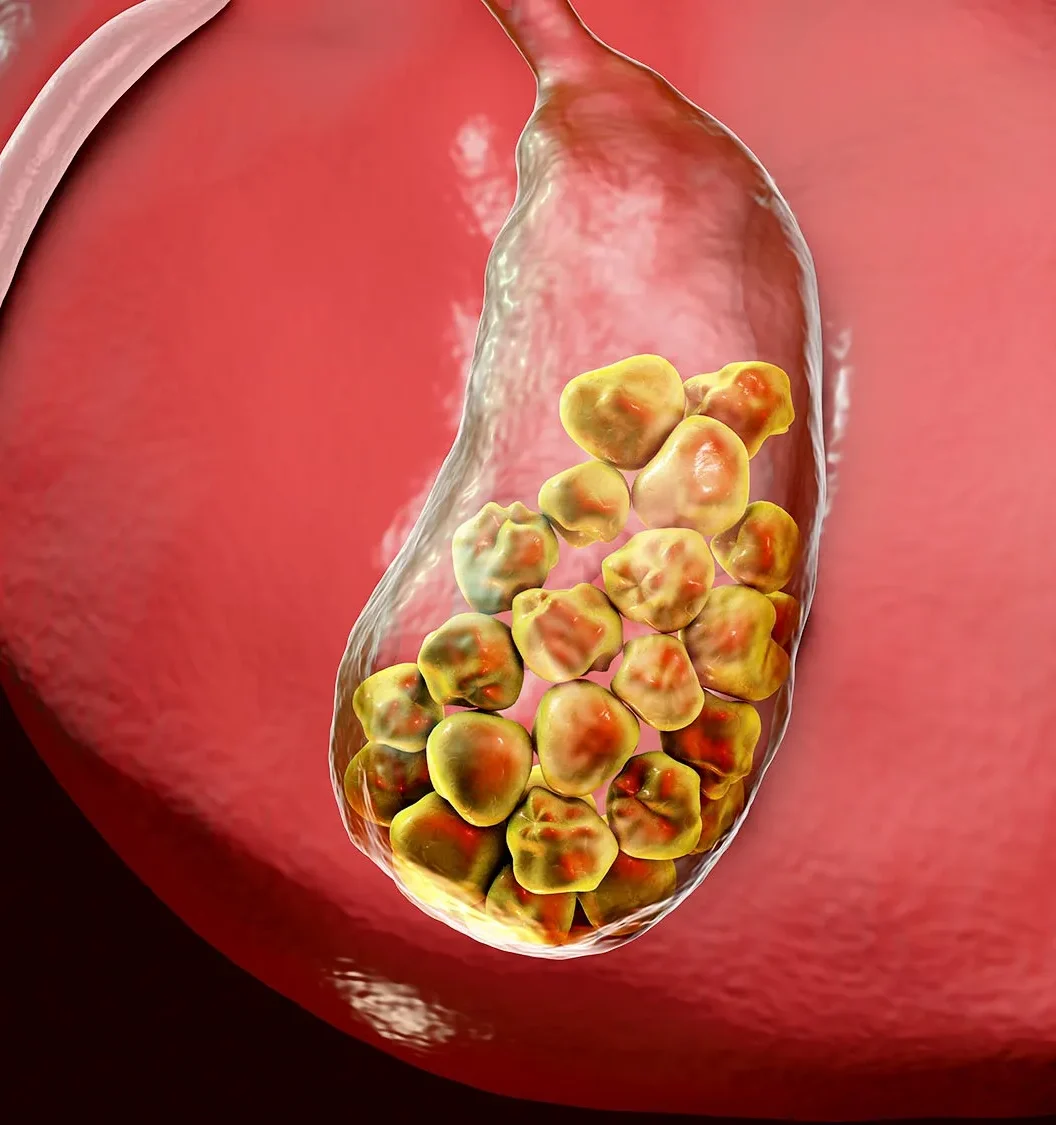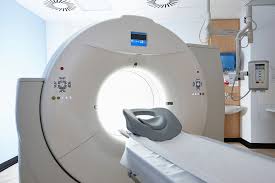When it comes to heart-healthy foods, beetroot is slowly gaining superstar status—and for good reason. Backed by studies shared by the American Heart Association (AHA), this vibrant root vegetable is proving to be much more than a colorful addition to your plate —it may even help lower the risk of heart attack.
Why Beetroot is Good for Your Heart
Beetroot is naturally rich in nitrates, which the body converts into nitric oxide—a compound that helps relax and widen blood vessels. This process improves blood flow and can lead to lower blood pressure, making beets a valuable ally for anyone looking to support their heart health naturally.
According to research published in the AHA journal Hypertension, people with high blood pressure who drank a glass (about 250 ml) of beetroot juice daily saw a significant drop in blood pressure levels, often comparable to what you’d expect from certain medications. Pretty impressive for a vegetable!
Beetroot in a Heart-Healthy Diet
The AHA encourages including a variety of vegetables in your meals, and beets definitely make the cut. Not only are they good for your heart, but they’re also packed with:
- Potassium – helps manage blood pressure
- Fiber – great for cholesterol and digestion
- Vitamin C and folate – essential for overall cardiovascular health
Beets are also low in fat and calories, making them a smart choice for weight-conscious eaters.
Real Science Behind the Hype
Multiple clinical studies reviewed by the American Heart Association show that daily beetroot juice can:
- Lower systolic blood pressure by 4 to 8 mmHg
- Improve blood vessel flexibility
- Support endurance during physical activity by enhancing oxygen delivery
These effects are linked to the steady boost in nitric oxide levels that beets naturally provide.
Heart Attack vs. Cardiac Arrest: When Every Second Could Mean a Life
Easy Ways to Add Beets to Your Meals
You don’t need to drink beet juice daily to enjoy the benefits. There are plenty of delicious and easy ways to add beets to your diet:
- Roasted Beet Salad – Pair with citrus fruits and greens
- Beet Smoothies – Blend with pineapple, oranges, or berries
- Beet Hummus – A fun twist on the classic dip
- Steamed or Boiled Beets – Add to lunch bowls or grain salads
The AHA even features beet-forward recipes on their official website, including beet and avocado smoothies, roasted root veggie medleys, and beet coconut bites.
A Few Things to Keep in Mind
While beets are safe and healthy for most people, there are a few things to consider:
- Kidney Stones: Beets are high in oxalates, which may not be suitable for people prone to kidney stones.
- Medication: If you’re already on blood pressure medication, talk to your doctor before adding beet juice to your routine.
Also, remember: beet juice isn’t a cure or a replacement for prescribed treatments. It’s best used as a natural support for your heart health, alongside a balanced lifestyle.
The American Heart Association highlights beetroot as a heart-smart food, thanks to its ability to support blood pressure, boost circulation, and add valuable nutrients to your diet.
Whether you prefer them juiced, roasted, or blended into a smoothie, adding beets to your meals a few times a week can be a tasty and simple way to show your heart some love.





